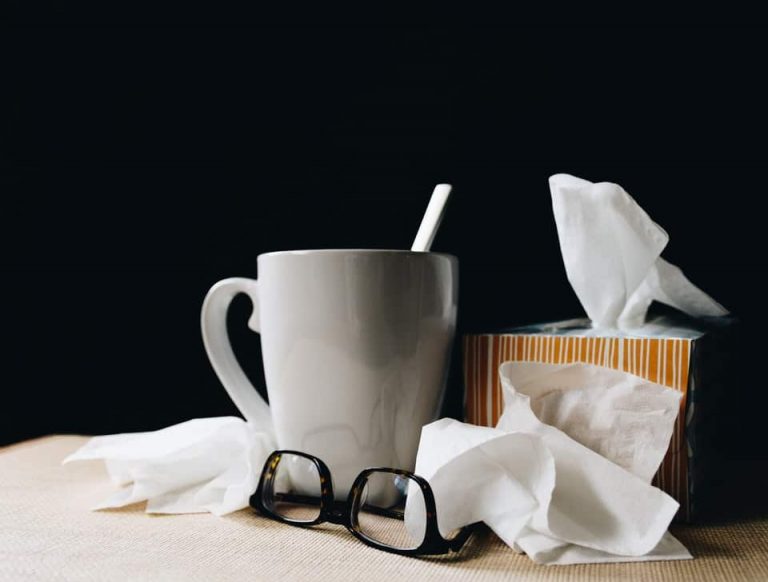Even if you don’t know what postnasal drip is, you’ve likely experienced it at some point in your life. There are many conditions that list postnasal drip as a symptom, and being able to identify when you have it may help you figure out the best way to treat your discomfort. Below is an overview of what you may not know about postnasal drip.
What Is Postnasal Drip?

Within the nose and throat are glands that produce mucus to fight infections, moisten the breathing passages and trap foreign substances. Post-nasal drip occurs when these glands produce excess mucus that drains down the back of the throat.
What Causes Postnasal Drip?
There are many possible causes of postnasal drip, including:
- Allergies
- Bacterial infections
- Sinus infections
- Common cold
- Cold temperatures
- Dry air
- Deviated septum
- Nasal polyps
- Spicy foods
- Pregnancy
- Certain medications
What Are the Symptoms of Postnasal Drip?
Most commonly, postnasal drip gives you the feeling of mucus draining into the throat, which can cause the sensation of constantly needing to cough or clear your throat. Postnasal drip can also cause a scratchy throat, sore throat, bad breath and nausea.
What Can I Do to Reduce Postnasal Drip?
You can purchase over-the-counter medications like decongestants or antihistamines to ease the symptoms of postnasal drip. Other home remedies include using saline sprays, keeping hydrated and sleeping with your head elevated.
Because postnasal drip typically accompanies a cold, infection or allergies, be sure to be proactive with hand washing, avoid sick people and manage your allergies.
When Should I See a Doctor for Postnasal Drip?
Fortunately, postnasal drip is more of a nuisance than a serious condition. However, it is in some cases the result of a more serious problem. We recommend seeing a doctor if your symptoms continue worsening or last more than 10 days. Schedule an appointment with an ENT specialist right away if your postnasal drip is accompanied by fever, wheezing, breathing difficulties or mucus with a strong odor.
For more information about postnasal drip or to schedule an evaluation with an ENT physician, call Albany ENT & Allergy Services today.